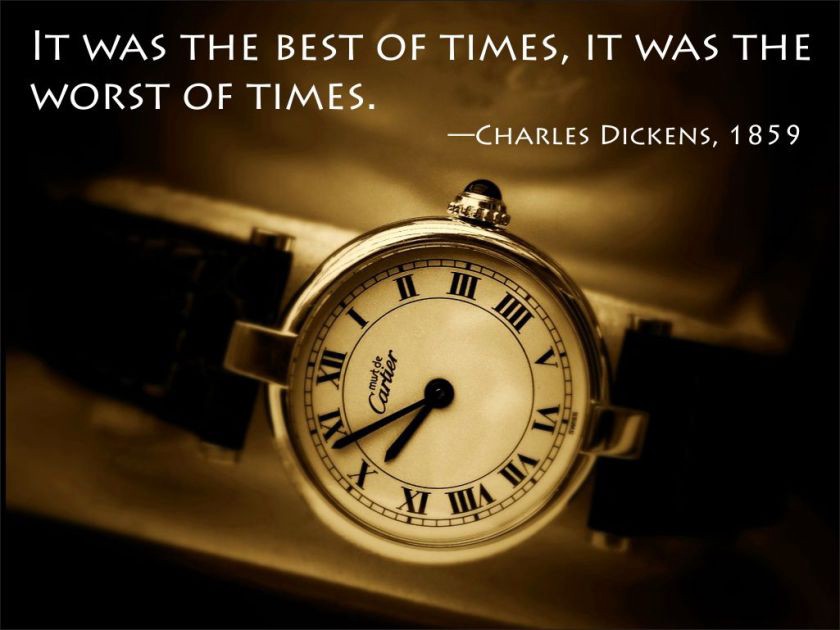What Does A Tale of Two Cities Have to Do with Us?
“It was the best of times, it was the worst of times, it was the age of wisdom, it was the age of foolishness, it was the epoch of belief, it was the epoch of incredulity, it was the season of light, it was the season of darkness, it was the spring of hope, it was the winter of despair.”
Charles Dickens, A Tale of Two Cities

While A Tale of Two Cities was written in 1859 and focuses on the interwoven lives of people living in London and Paris during the trauma and uncertainties of the French Revolution, the phrase is completely appropriate for our current time. We are living through the best of times and also the worst of times. We have watched this pandemic affect the lives of so many in our world, our country, our cities and in our own lives. And, at the same time, we have seen bravery, strength, commitment, selflessness, and pure love at every turn in our journey.
As we work with leaders in our seminars or clients in personal coaching conversations, it is hard for us to completely understand the challenges with which they are dealing. Never have we lived through anything like the events of 2020. The emotions of exhaustion, frustration, fear, disappointment, worry, anger and even resentment intertwined with appreciation, gratitude, thankfulness, happiness, joy, and hopefulness.
What do we do with all of our emotions, especially those that cause us worry and anxiety? First, let’s recognize the emotions we are having and if it’s not the emotions that we want, then let’s move toward what we do want. That calls for a process. We think it calls for a coaching conversation.
If you have read our latest book, Results Coaching Next Steps: Leading for Growth and Change, (2017) you will remember in Chapter 2 where we talk about the brain being a feeling brain that thinks. Jill Bolte Taylor says, “Although many of us may think of ourselves as thinking creatures that feel, biologically we are feeling creatures that think.” We feel first and then we think. Those feelings take place in our brain, our heart and in our gut, traveling through the vagus nerve. We experience a feeling. We quickly move toward making a judgement about what we are feeling and act based on our emotions and our cognitive abilities. Sometimes we think before we speak and sometimes we act or react before we have time to think. The results may be in line with what we want or they may call for a sense of regret and a desire to do it over and do it better.
How is this information resonating with you? It’s the beginning of a new year and hopefully we will soon talk about the pandemic as history. In the meantime – in what ways are you already thinking about elevating your awareness of your own emotions? It has been said that our language reveals us. What about our emotions? What are they saying to us and others? More to come in our next blog post.
